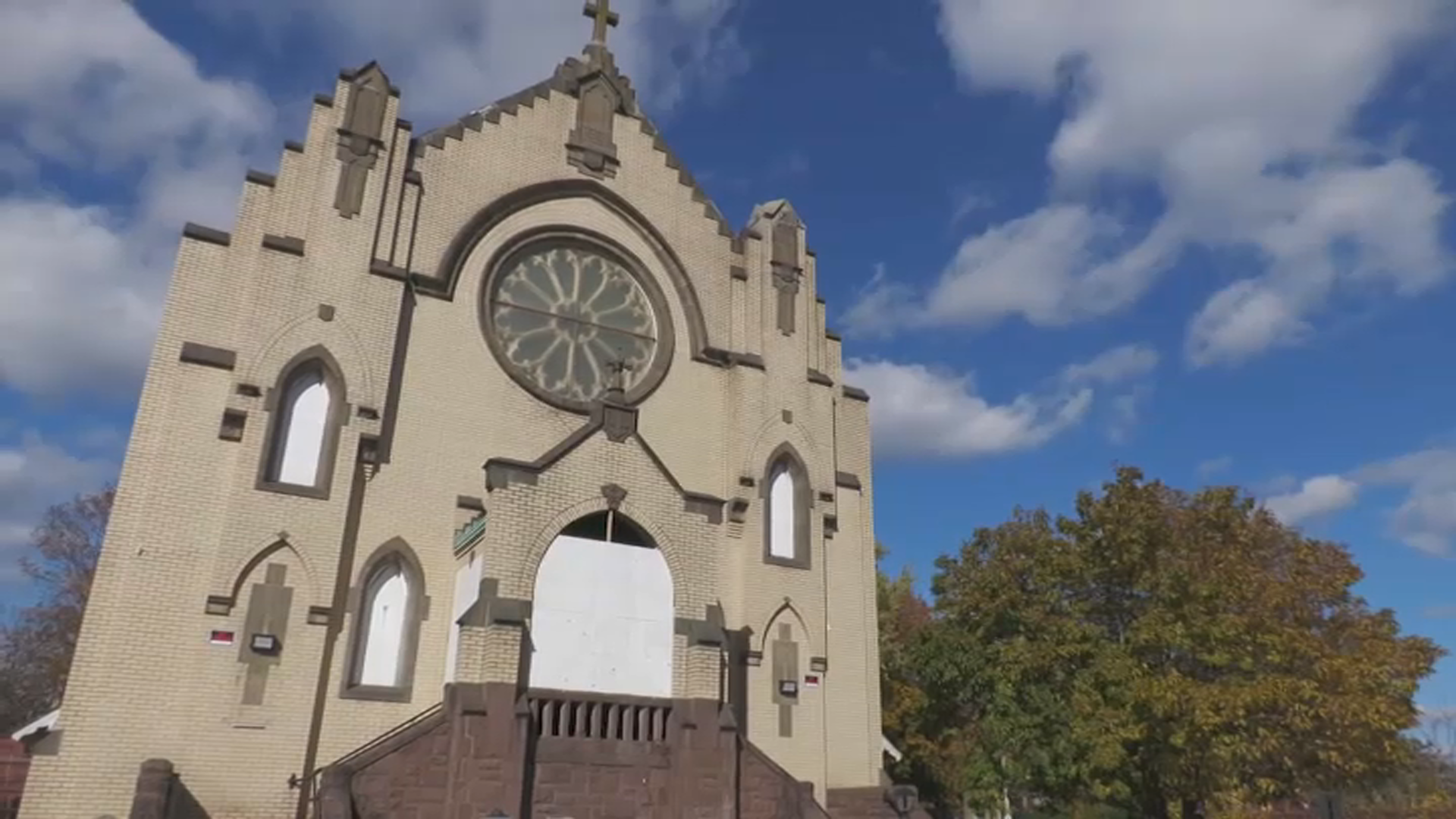New Haven police said they have plans to make the rounds at a New Haven apartment complex where last Monday, a young baby was found inside a dumpster.
Their goal: reach parents and caregivers of the youngest residents.
“Those kids are listening. Those kids know something is going on and they might not know the full extent of it, but they know something scary happened, and it’s important for us to reach them,” said Assistant Police Chief Renee Dominguez.
She said that’s just one way they respond to events where children are exposed to violence. It could be anything from a homicide to a car accident.
“It’s really scary. Mom or dad is very upset, maybe they’re injured. Police are coming, fire are coming, AMR is coming. That’s a lot,” she explained.
They’ve partnered with the Yale Child Studies Center for nearly 30 years to reach adults and children who may have witnessed violence. The center’s staff makes rounds with officers weekly, and center staff are on call with the department to help people process traumatic events.
“Even a brief interaction can have the potential to change actually the impressions that children and families have of the police,” said Hilary Hahn, a research scientist with the Yale Child Studies Center.
Local
At the initial event or in the days and weeks to follow, trauma can show in different ways, explained Laura Mutrie, who is an assistant professor of social work at Quinnipiac University. She said humans have an inherent response to trauma.
“Our capacity to respond relies on an automatic system that gives us those three responses that people might be familiar with, which are fight, flight and freeze,” explained Mutrie.
Young children can react in a number of ways under those categories, so it’s important to make a connection with someone they trust to calm them, even if it’s not a police officer.
“The main thing we want to do in that moment is offer comfort and safety,” said Mutrie. She added that children may have other traumatic experiences so getting treatment may become an important and complex necessity.
Dominguez said their work has been immeasurable. The results told through children who they see afterward with smiles and stories about school and their families.
“If intervention isn’t given to them, they’re going to go one of two ways, right?” explained Dominguez. “They’re going to continue on the path, and they have a strong support system and they’re able to get through it. Or, they don’t have that, and they’re going to continue on this path and we’re going to see them as offenders, and we’re going to see them getting into trouble.”
Dominguez said their work with the Yale Child Studies Center opens the door for mental health treatment that can change their path. And their work is now in an online curriculum for police departments nationwide through the International Association of Chiefs of Police.
“We worked to build this into first a curriculum and then a tool kit,” said Hahn. “It’s about building skills and capacities among law enforcement to respond in ways that are effective and meaningful for community members.”



